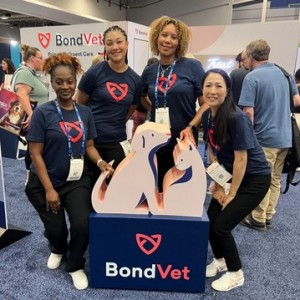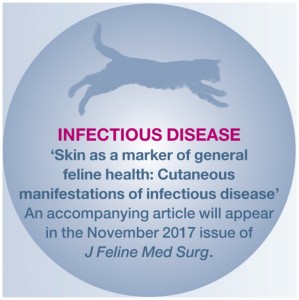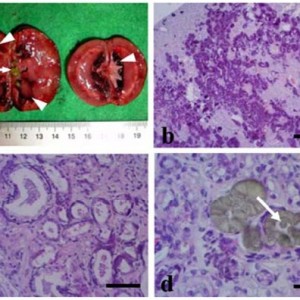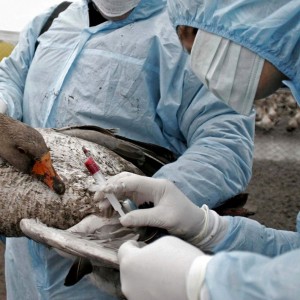C-reactive protein concentrations in canine acute pancreatitis
Objective: To determine if C-reactive protein (CRP) concentration is elevated in spontaneously occurring canine acute pancreatitis (AP), and to measure changes in CRP during the course of hospitalization.
Design: Prospective study.
Setting: Tufts University School of Veterinary Medicine Foster Hospital for Small Animals.
Animals: Sixteen client-owned dogs with AP and 16 healthy controls.
Interventions: Blood samples were obtained from the AP group on the day of diagnosis (Day 1), and on Days 3 and 5, unless the dog died or was discharged from the hospital. Blood was obtained from the control dogs once.
Measurements and main results: Serum CRP was measured using a commercial immunoassay for each dog with AP and for healthy controls. Day 1 CRP concentrations were significantly higher in the AP group (56.1±12.7 μg/mL) compared with controls (2.8±1.3 μg/mL; P<0.001). For the 7 dogs that had samples collected on all 3 days, the mean CRP concentrations decreased significantly (P=0.043) over the 5 days of measurement. Of the 16 dogs with AP, 14 were discharged from the hospital and 2 were euthanized.
Conclusions: Serum CRP concentrations were elevated in this group of 16 dogs with spontaneously occurring AP. In the 7 dogs that had measurements on all 3 days, the mean CRP concentration decreased from the day of diagnosis to the measurement made 5 days later.
Authors: Jennifer L. Holm, Elizabeth A. Rozanski, Lisa M. Freeman, Cynthia R. L. Webster
Source: https://onlinelibrary.wiley.com/














List
Add
Please enter a comment